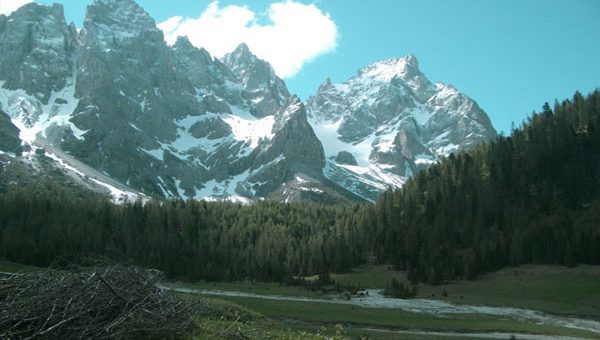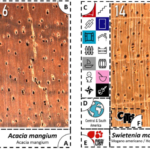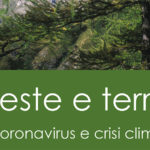Call for Contributions – IPCC AR6 Climate Change 2021: Impacts, Adaptation, and Vulnerability

At the recent second lead authors meeting of the IPCC Sixth Assessment Report Working Group II, held in Kathmandu in Nepal, the author team for the Cross-Chapter Paper on Mountains had the opportunity to consider the internal review comments received on its Zero Order Draft, and steer a course towards the development of the First Order Draft due in early October 2019. The Mountain Research Initiative (MRI) has now issued a call for published review and synthesis papers that respond to the assessment needs identified by the authors in Kathmandu.
At the 46th session of the IPCC in Montreal in September 2017, the outline for the IPCC Working Group II contribution to AR6 was approved – including a Cross-Chapter Paper on Mountains (CCP-Mountains, 15 pages). The IPCC Working Group II contribution to the Sixth Assessment Report (AR6) is currently underway, and will be finalized in 2021.
In order to facilitate the ongoing identification of key literature relevant for CCP-Mountains, the MRI has now issued a call to the mountain research community to assist in the development and publication of review and synthesis papers that draw on literature published since March 2013 (since the IPCC’s Fifth Assessment Report). For papers currently under development, the key cut-off dates set by the IPCC to consider are: 1) submitted by 1 July 2020; and 2) accepted for publication by 1 May 2021.
Publications that specifically address climate change impacts, vulnerability, and/or adaptation within the following relevant themes being covered in Cross-Chapter Paper 5 – Mountains, ideally as review papers covering either a global or regional overview and/or comparing at least two mountain regions, are particularly encouraged:
- Detection and attribution of impacts in mountain regions to climate change;
- Climate change and impacts on terrestrial and freshwater ecosystems and their services;
- Nature-based solutions and ecosystems-based adaptation – distribution and uptake/implementation in mountain regions;
- Water: Observed and projected hydrological changes on basin and watershed scales and water-related hazards, including floods, droughts, and landslides, and adaptation responses;
- Food, fibre, and other ecosystem products;
- Mountain cities, settlements, and key infrastructure (e.g., renewable energy development in the mountain space);
- Health (e.g., vectors and diseases, mental health, etc.), well-being, and the changing structure of communities, including habitability and migration;
- Poverty, livelihoods, and sustainable development;
- Key risks (including risk perception) and decision-making;
- Gendered perspectives to climate change risks and adaptation action in mountains;
- Sub-national, national, and regional governance and transboundary cooperation to address key risks and adaptation;
- Ex-post (including realist) evaluations of implemented adaptation measures, including cost-benefit analyses and economic models;
- Climate-resilient development pathways (including mitigation and/or context in response to global policy frameworks such as the Sustainable Development Goals, Sendai Framework for Disaster Risk Reduction and/or UNFCCC Paris Agreement).
Continue at mountainresearchinitiative.org
Info Autori
(coordinatore: G. Vacchiano)





















